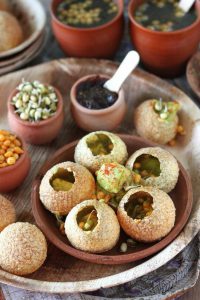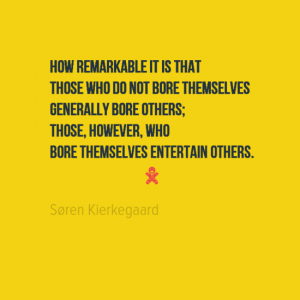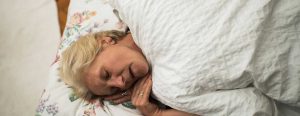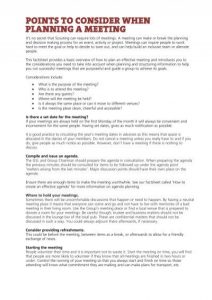Highlights
- After the success of making sanitary napkins with water hyacinth, research on making napkins with jute, one of the country’s fibers, started in Bangladesh.
- This research is also on the way to success.
- However, its production cost is 7 rupees.
Over the last decade, research has been started to make sanitary napkins from water hyacinth and jute, banana fiber in Bangladesh and even in India, along with Kenya in Africa. The matter has been reported in various media. In Bangladesh, research is also underway to make sanitary napkins as an alternative to the traditional domestic and foreign cotton and suction gels. However, the idea of making sanitary napkins with water hyacinth was first mooted by Najiba Nayla Wafa, an MBA student at BRAC University and her three classmates in India and Bangladesh.
Salta was 2016. Najiba originally went to study at the Geneva camp in Dhaka’s Mohammadpur and saw the women there using unhealthy clothes during the period. That’s when he thought of making a cheap alternative sanitary napkin. Najiba said Janipad is made from water hyacinth in Kenya. He knew that. Water hyacinth is also readily available in his country. So without delay, by contacting the Kenyan researchers, knowing the preparation process, they also started making pads with water hyacinth. In Naziba’s words, ‘the beginning was experimental. The water hyacinth is dried and powdered in a blender with a cotton pad. When success comes, it will work like a blender, they train some women to make pads by making such machines. This alternative sanitary napkin was first made by 6 people and then by 10 women from Geneva camp.
This alternative sanitary napkin was then allowed to be used experimentally by two and a half thousand women in Geneva camp in 2016 for three months and in Hazaribagh slum in 2016 for four and a half months. It is also successful. For which Najiba was also awarded in Bangladesh. He said that it costs only 3 rupees to make a napkin with water hyacinth. So he is eager to hand over these cheap napkins to women. But now it is working to improve the quality.
After the success of making sanitary napkins with water hyacinth, research on making napkins with jute, one of the country’s fibers, started in Bangladesh. This research is also on the way to success. However, its production cost is 7 rupees. Therefore, research on making jute napkins to reduce production costs and improve quality is still in the experimental stage. Besides, research on making sanitary napkins with banana tree bark is also in the final stage. Mohan Rabidas, a student of Dhaka University and the inventor of the study, said that the commercial production will start with the help of government.
Lifestyle News in Bengali, লাইফস্টাইল খবর, Health Tips, Fashion Trends and Tips in Bangla
2021-05-26 13:26:36
Source link
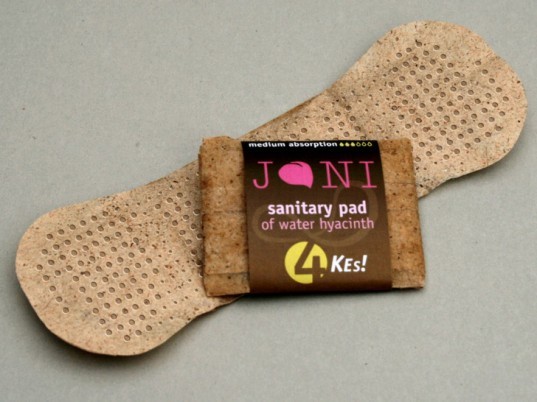
 As soon as the lover enters through the door, the lover escapes through the window
As soon as the lover enters through the door, the lover escapes through the window Owner of tens of thousands of crores from grocery stores, get to know the best taxpayer in Bangladesh
Owner of tens of thousands of crores from grocery stores, get to know the best taxpayer in Bangladesh
